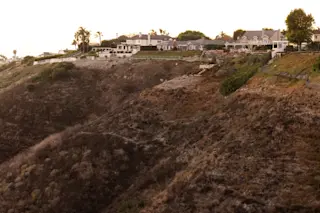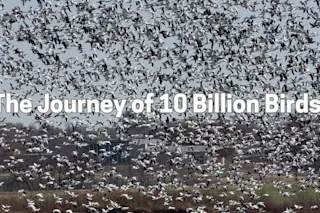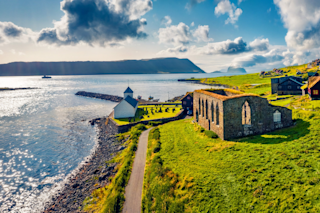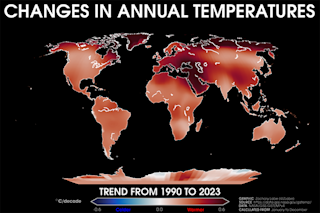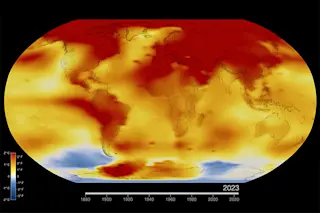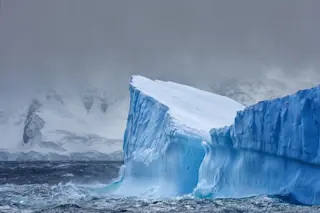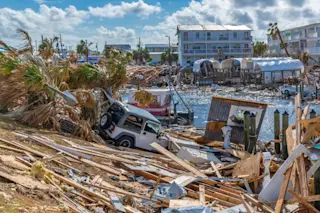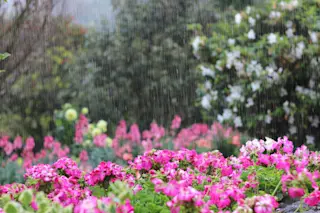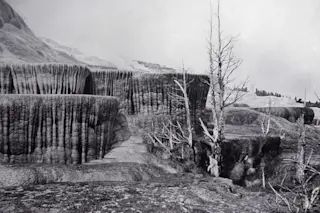Paul Ehrlich and Ann Ehrlich, two long-time prominent voices in the environmental community, often speculate about the future of humanity. They recently shared this anecdote:
A few years ago we had a disagreement with our friend Jim Brown, a leading ecologist. We told him we thought there was about a 10 percent chance of avoiding a collapse of civilization but, because of concern for our grandchildren and great grandchildren, we were willing to struggle to make it 11 percent. He said his estimate of the chance of avoiding collapse was only 1 percent, but he was working to make it 1.1 percent. Sadly, recent trends and events make us think Jim might have been optimistic. Perhaps now it’s time to talk about preparing for some form of collapse soon, hopefully to make a relatively soft “landing.”
If you want to know why the Ehrlichs think it's essentially game over for ...


